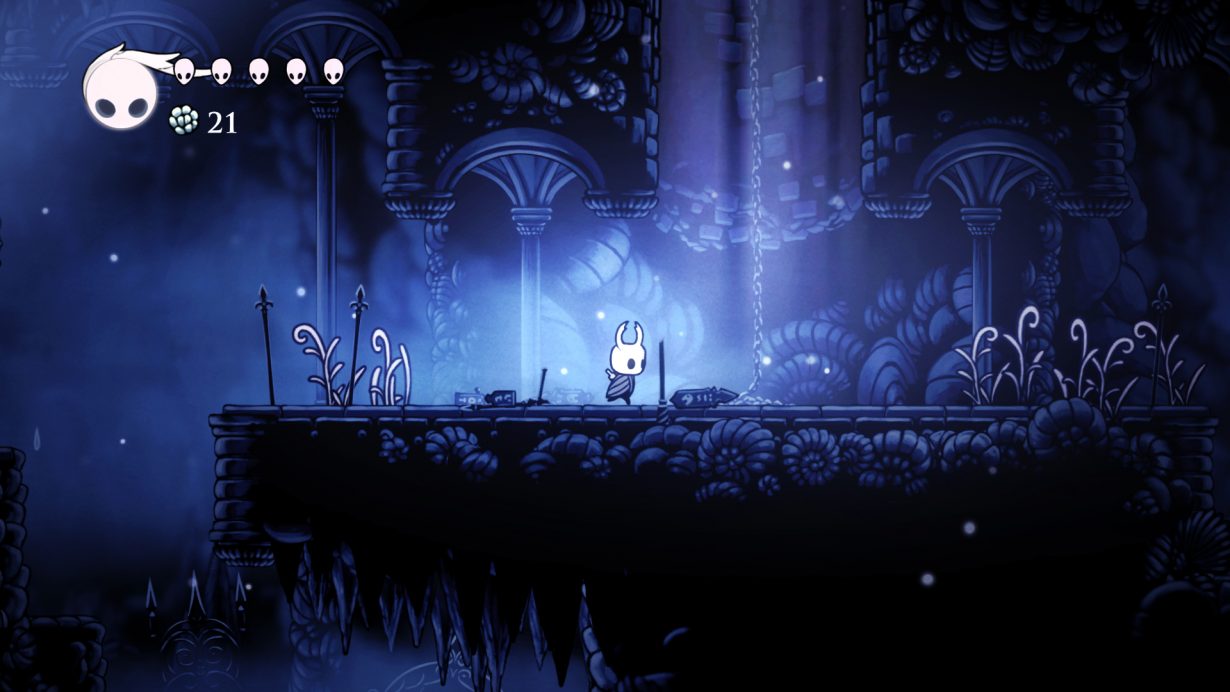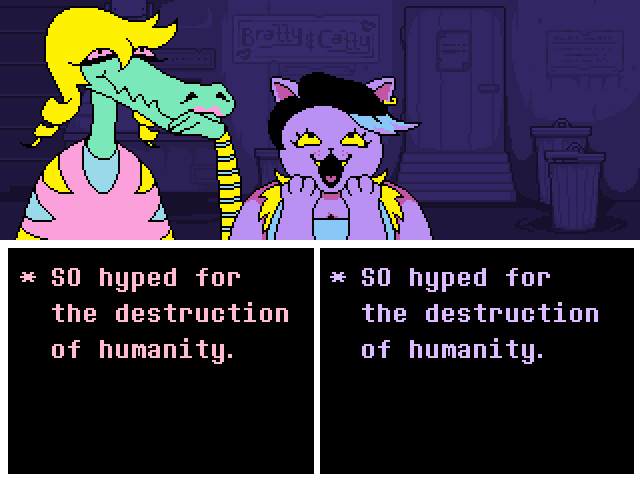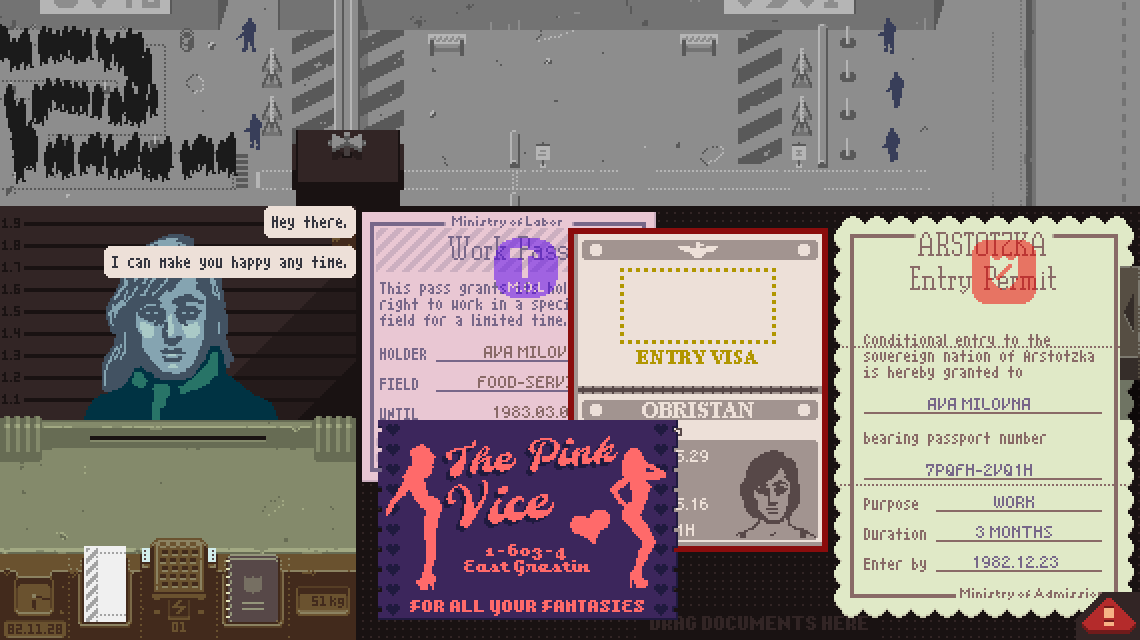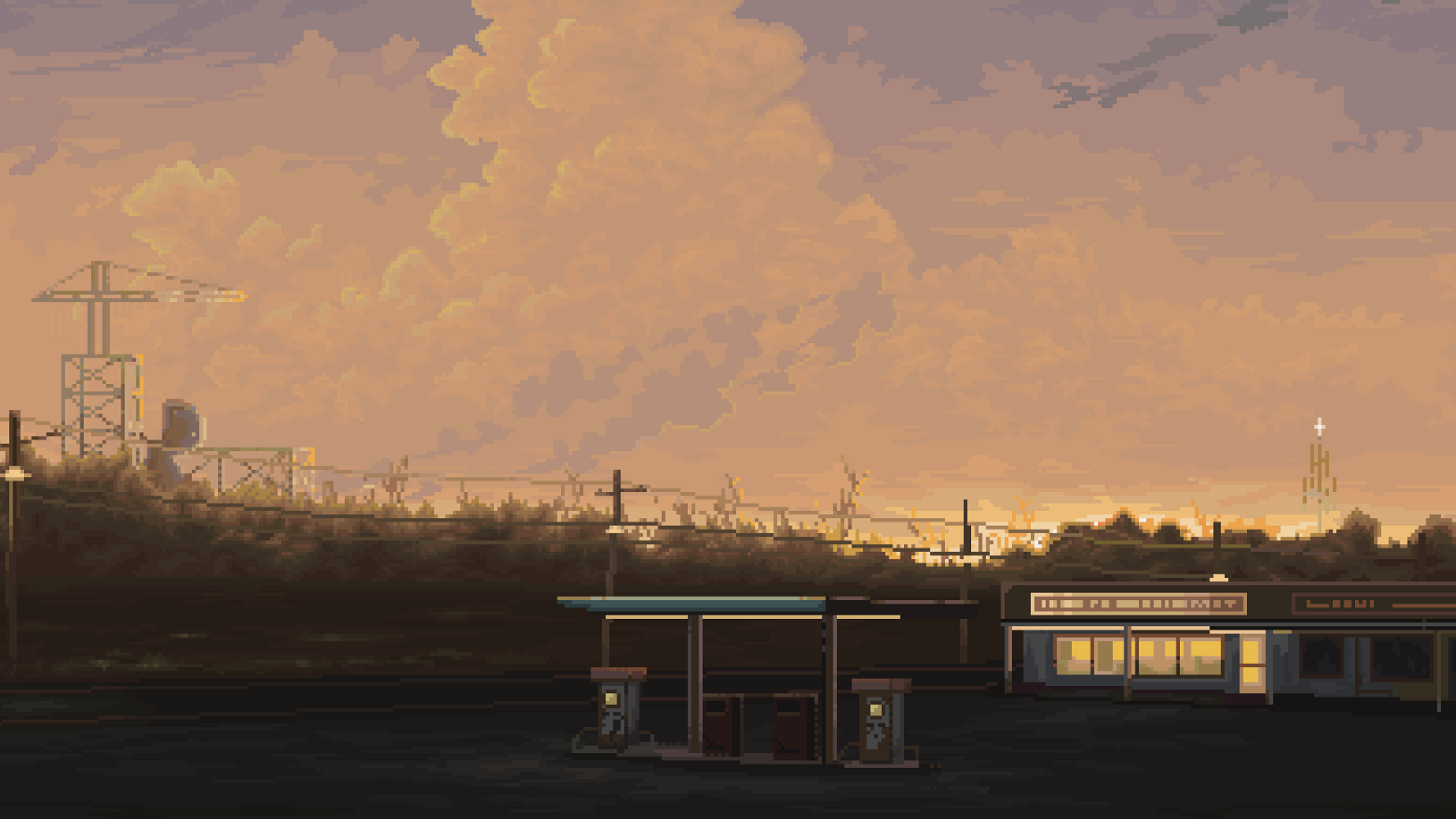How might the vast social and economic power of videogames be transformed into a force for change?
Some years ago, while researching an essay on the military-entertainment complex, I met a colleague in a North London pub to discuss their experiences teaching videogame design. After debating the obligatory unpaid overtime and the demoralising culture of ‘crunch time’ deadlines that had become the life-sapping prerequisites of working in the videogame industry, we were approached by a haunted young man who’d taken an interest in our conversation. ‘These issues really concern me’, he confessed, before revealing that he was a lead animator in a London-based game studio. His daily tasks included sourcing videos of executions and botched combat operations from the internet’s unholiest recesses in order to lend his in-game animations greater similitude. He described to us the emotional turmoil his job had induced, a life of sustained post-traumatic suffering with no support from his employer. ‘I’m not sleeping much these days’, he said, before ambling away into the dusk.
It’s difficult to separate this encounter from the ones I have presently, a decade later, with students who aspire to enter such potentially poisonous workplaces. At the art school where I lecture, I meet illustrators, animators and contemporary artists who engage with videogames not just as a leisurely pastime, or a remedial strategy, but because their affective architectures deliver potent techniques for self-definition. For some of these young practitioners, outwardly frivolous characters such as Shadow The Hedgehog (from the famed Sonic franchise), the unpredictable cast of Toby Fox’s oddball counter-roleplaying game Undertale (2015), or the contentedly gloomy denizens of Hollow Knight (2017), provide redoubtable models for how they want to structure their own resilient personas in the face of numerous real-life hostilities, be they alienated parents, the anguish of loneliness or the stresses of perennial indebtedness. These aren’t self-aggrandising exercises in identification, or a kind of ideational cosplay, but complex and reciprocal investments of hope that temper their expectations of the world around them and the futures they’d like to partake in the creation of. While significant work has been done on the way gamers identify with these complex fictional worlds, namely by new media scholars Adrienne Shaw and Shira Chess, we’re still trying to find an adequate language to describe the ways in which entertainment technologies can actively shape our sense of self.

Marijam Did’s new book on the politics of videogames, Everything To Play For: How Video Games Are Changing The World (Verso, 2024), is rife with similar accounts of her own immersion in, and pained frustration with, this burgeoning and yet reliably hellish industry. It’s a generous, confessional approach, one that draws upon both Did’s embedded position as a marketing executive for a game studio, and her membership of Game Workers Unite International, the first legally recognised union within the industry. Crucially, these insider experiences are tempered by more ambient acts of resistance that the casual gamer might relate to, from the modest temporary communities of Local Area Network (LAN) Parties to Tetris tournaments organised to fundraise for progressive causes. There are even gaming events coordinated to coincide with anti-fascist sporting clubs. These stories coalesce into a much-needed diagnosis of how videogames need to change for the sake of both players and producers, making visible a series of interlinked issues that often get distorted by the infernal hype engine of games journalism.
Everything To Play For oscillates between poles of pained despair and boundless optimism in the face of a business that now outperforms Hollywood in combined sales, boasts the single best-selling entertainment product of all time (Grand theft Auto V, which has generated over $8.5 billion in revenue since its release in 2013), and can lay claim to over 3 billion active gamers worldwide. Indeed, the central premise of Did’s book asks, with infectious pragmatism, can this social and economic power be turned towards something more sustainable, equitable and generous than the simple pursuit of profit?

Did is a sober and grounded guide to the amount of work that needs to be done in pursuit of such a cause. After introducing the book with a potted technological history of the medium – that makes perfectly plain its ties to ethically equivocal research institutions and military sponsors – she shapes her chapters around several ‘levels’ which address significant areas for change. These include the diversification of in-game representation; struggles for unionisation (namely the Game Workers Unite movement and recent subsidiaries of the SAG-AFTRA-led strike that foregrounded the plight of videogame voice actors); and the need for an ambitious and politically responsible broadening of what ‘themes’ might be communicated by games. A chapter devoted to the vague efficacies of participatory art even sees Did drawing upon art historian Claire Bishop’s 2012 work Artificial Hells in order to problematise some of our easy presumptions around the supposed virtues of ‘interactivity’. It’s a welcome segue into art theory, but feels lacking in examples from the world of game-adjacent art practice.
In these chapters, Did identifies the ways in which videogame culture has come to shape how we view both the form itself and its broader impact on politics. This history of the present recounts the effects of Gamergate (a bitter flame war that saw the online harassment of feminist game developers and critics under the guise of a discussion on the ‘ethics of videogame journalism’), highlights conservativism’s wily courting of gaming communities via sympathetic news outlets like Breitbart, and how right-wing extremists adopt videogame livestreaming techniques to broadcast mass shootings.

Importantly, Did argues throughout for a more radical shift in the fundamental ethics of the industry. No matter how progressive a game’s content – from Lucas Pope’s punitive border control simulation Papers, Please (2013) to Raw Fury’s truly majestic riff on postanthropocene ecologies Norco (2022) – we’re still running on hardware that views heinous extraction processes and dehumanising labour practices as a necessity. ‘Behind every shiny game studio in Los Angeles, London or Shenzhen,’ she writes, ‘there exist armies of workers in mines outside Kolwezi in the Democratic Republic of Congo, in warehouses in Longhua subdistrict in China, and in click farms in Phnom Penh, Cambodia’.
And yet, despite the litany of grievances, Did remains undeterred by gaming’s complicity in nefarious practices. Its laissez-faire approach to ecological degradation; its unmoderated instrumentalisation by right wing entryists; its ongoing legal disputes with workplace harassment, not to mention the exploitative labour practices of Foxconn, Riteng and other outsourced tech assembly outfits; or the industry’s ongoing recruitment boundaries for women. In fact, she identifies the left’s chronic myopia, which has traditionally deemed videogames either too crude or too trivial to be taken seriously, as partly to blame for the industry’s easy infiltration by unsavoury agents. ‘Progressive organisers and collectives, usually quick to branch out to new social and logistical spaces, somehow managed to ignore this one,’ she suggests, ‘with excuses ranging from “this technology is irrelevant” to “this technology is evil”.
While Everything To Play For might appear to offer fewer strategies for change than it does descriptions of the human struggles and material conflicts of a game industry hellbent on terminal expansion, Did’s compelling fixation on the fundamental spirit of play as something that might animate our activism helps us to realise that we already have the tools to effect change in our existing software and the communities it generates. It’s something she perceives in the communal dérives of Pokemon Go players, or the ingenious economies of ‘hacking’ and ‘modding’. It’s nothing short of a fundamental challenge to the ludic imagination that asks us to reconsider the consequences and possibilities of our play. ‘Gaming deserves to be rescued from its self-destructive ways that poison the most visionary parts of this captivating field,’ she insists, and it’s difficult not to throw your game pad into the air in the spirit of camaraderie. For every failed unionisation attempt, every missed opportunity for diversification, every player alienated by online toxicity, we need to reboot and do better.
Jamie Sutcliffe is a London-based writer, codirector of Strange Attractor Press and editor of Documents of Contemporary Art: Magic (2021)
